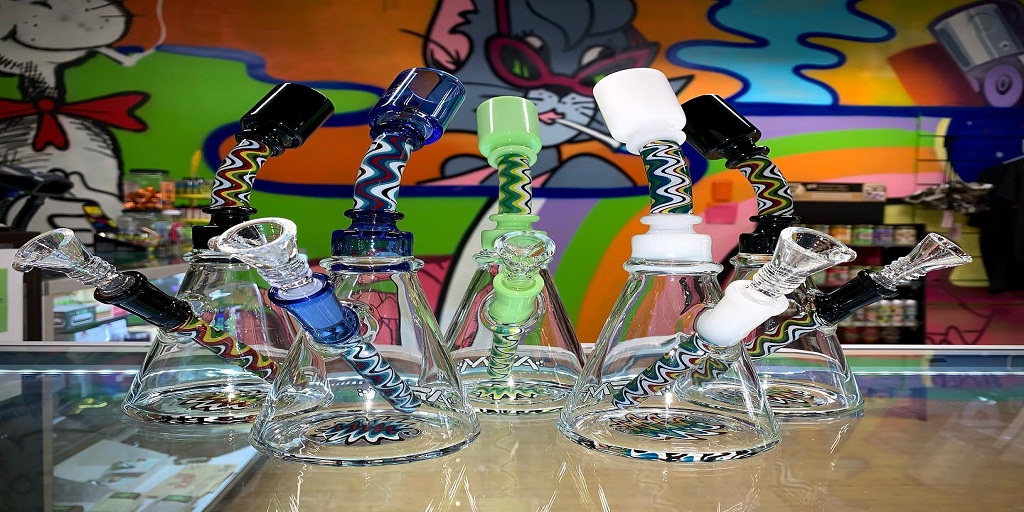High-quality game settings with intense graphics requiring extreme processing speeds can turn a gaming PC into a frying pan in a matter of minutes. The faster and harder your systems’ GPU and CPU work, the hotter they will get. It’s not uncommon for a gaming PC’s CPU to heat up to over 140℉ during intense sessions.
This is a delicate dance; it is normal for both the CPU and GPU to get got quickly, but temperatures in excess of 170℉ can cause irreparable damage that impairs system functionality.
Even if your PC has a safeguard (as most do) that shuts it down when it overheats, that’s little consolation to you if you’re in the midst of a PC gaming session.
Enter the cooling system – the “oil” that keeps everything running smoothly.
Many personal computers use air-based cooling systems – as in fans. Light processing loads need nothing more, but high-end gaming PCs push cooling technology to the limit.
So what makes liquid-based cooling systems so much better than air-based cooling?
How a Cooling System Affects PC Performance
Even though modern gaming PCs typically have systems in place to prevent damage to the CPU and GPU, inadequate cooling infrastructure can cause a whole host of problems.
Freezing, lagging and unexpected shutdowns can all destroy the experience of gameplay, especially when seconds count. High heat can also cause premature processor wear, even if it doesn’t cause freezing, delays, or shutdowns.
A capable cooling system can turn that around by effectively carrying away the excess heat produced during intense sessions.
Air vs. Water Cooling Systems in Gaming PCs – Which Is Better?
Air-based cooling systems typically consist of fans that literally “blow away” the heat from the gaming desktop’s processors.
They’re effective, to a point. Liquid-based cooling systems, like CLX’s closed-loop liquid cooling, have several advantages over air-based cooling.
● Improved cooling “power”: Water is much denser than air, has a higher thermal conductivity and a higher specific heat, making it much more effective at removing thermal energy from a system.
● Boost overclocking potential: Speeding up your CPU by setting the multiplier frequency higher is great. It speeds up your entire system.
It also heats up your entire system. Liquid cooling systems are much more effective at preventing issues due to overheating as a result of overclocking, making it easy for you to push your equipment harder.
● More space-conscious: The liquid in cooling systems is contained in thin tubes, which take up less space and are much more aesthetically pleasing than bulky, noisy fans. Plus, the higher efficiency means you get better cooling power for the space the cooling system takes up, anyway.
● Better for hot climates: The hotter the ambient temperature, the greater risk you run of overheating your gaming PC. liquid cooling infrastructure is more powerful and better equipped to keep a PC cool – even during intense use in a hot room.
● Liquid cooling is more consistent: Air-based cooling systems typically only switch on when the processors get to a certain temperature. By construct, liquid cooling systems are “running” all the time, keeping your system cooler and actually helping to prevent it from getting too hot.
Are CLX Gaming PCs Upgradable?
As mentioned, all CLX gaming PCs are made with highly efficient closed-loop liquid CPU cooling systems.
Their pre-built rigs are also all built around modular chassis designs that enable easy configuration and upgradability for higher speeds, better graphic cards, more memory, or greater storage.
To take your gaming experience to the next level or to learn more about their high-performance, pre-built, powerful gaming computers, visit their website at CLXGaming.com.












